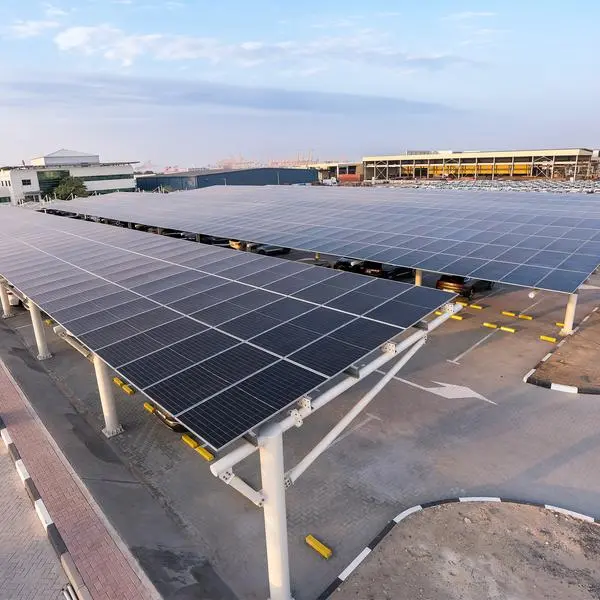More than 1.3 million people in the three south-western provinces of Cunene, Huila and Namibe are facing severe hunger as the worst drought in 40 years leaves fields barren, pasture lands dry and food reserves depleted, according to a recent Integrated Phase Classification (IPC) analysis that categorises food insecurity.
“Migration of families to other provinces and neighbouring Namibia in search of water and grazing for cattle has been registered in the South of the country”, said WFP’s Head of Office in Angola, Michele Mussoni. “These areas have been suffering from the devastating effects of climate change and the current drought puts the food security and nutrition of vulnerable people under threat.”
High food prices and a locust infestation that has caused severe damage to crops are compounding the effects of the drought, hampering people’s ability to access nutritious food. In the coming months, the situation is likely to worsen with the number of hungry people touching 1.58 million between October and March 2022, the lean season when traditionally food stocks run low.
The drought has also impacted 114,000 children under the age of five who are suffering or likely to suffer from acute malnutrition in the next 12 months, with serious effects on their physical and mental development.
To support the drought response, WFP in Angola has started working with provincial authorities of Huila and Cunene to strengthen the treatment and prevention of acute malnutrition and is working to secure resources for further expansion to other drought-affected areas. To expand nutrition activities to six affected provinces (Benguela, Cunene, Huambo, Huila, Kuanza Sul, Namibe) for the period from October 2021 to May 2022, WFP needs US$ 6.3 million.
WFP’s assistance will be coordinated through the Inter-Ministerial Drought Task Force and will include support on nutrition, vulnerability analysis and mapping, supply chain and operations management. WFP will help the Government set up food security and nutrition coordination mechanisms at the provincial level and is discussing other possibilities of support, including food assistance.
WFP highlights the urgent need to support the Government, at central and provincial level, and to link emergency response actions with resilience and development interventions, in line with Angola's National Development Plan.
The IPC analysis was carried out by the Ministry of Agriculture and Fisheries with technical assistance from FAO, UNICEF and WFP in 17 municipalities of South-Western Angola within the FRESAN programme (Strengthening Resilience and Food and Nutrition Security in Angola) funded by the European Union.
The complete IPC Analysis is available here.
Distributed by APO Group on behalf of World Food Programme (WFP).
© Press Release 2021
Disclaimer: The contents of this press release was provided from an external third party provider. This website is not responsible for, and does not control, such external content. This content is provided on an “as is” and “as available” basis and has not been edited in any way. Neither this website nor our affiliates guarantee the accuracy of or endorse the views or opinions expressed in this press release.
The press release is provided for informational purposes only. The content does not provide tax, legal or investment advice or opinion regarding the suitability, value or profitability of any particular security, portfolio or investment strategy. Neither this website nor our affiliates shall be liable for any errors or inaccuracies in the content, or for any actions taken by you in reliance thereon. You expressly agree that your use of the information within this article is at your sole risk.
To the fullest extent permitted by applicable law, this website, its parent company, its subsidiaries, its affiliates and the respective shareholders, directors, officers, employees, agents, advertisers, content providers and licensors will not be liable (jointly or severally) to you for any direct, indirect, consequential, special, incidental, punitive or exemplary damages, including without limitation, lost profits, lost savings and lost revenues, whether in negligence, tort, contract or any other theory of liability, even if the parties have been advised of the possibility or could have foreseen any such damages.



















